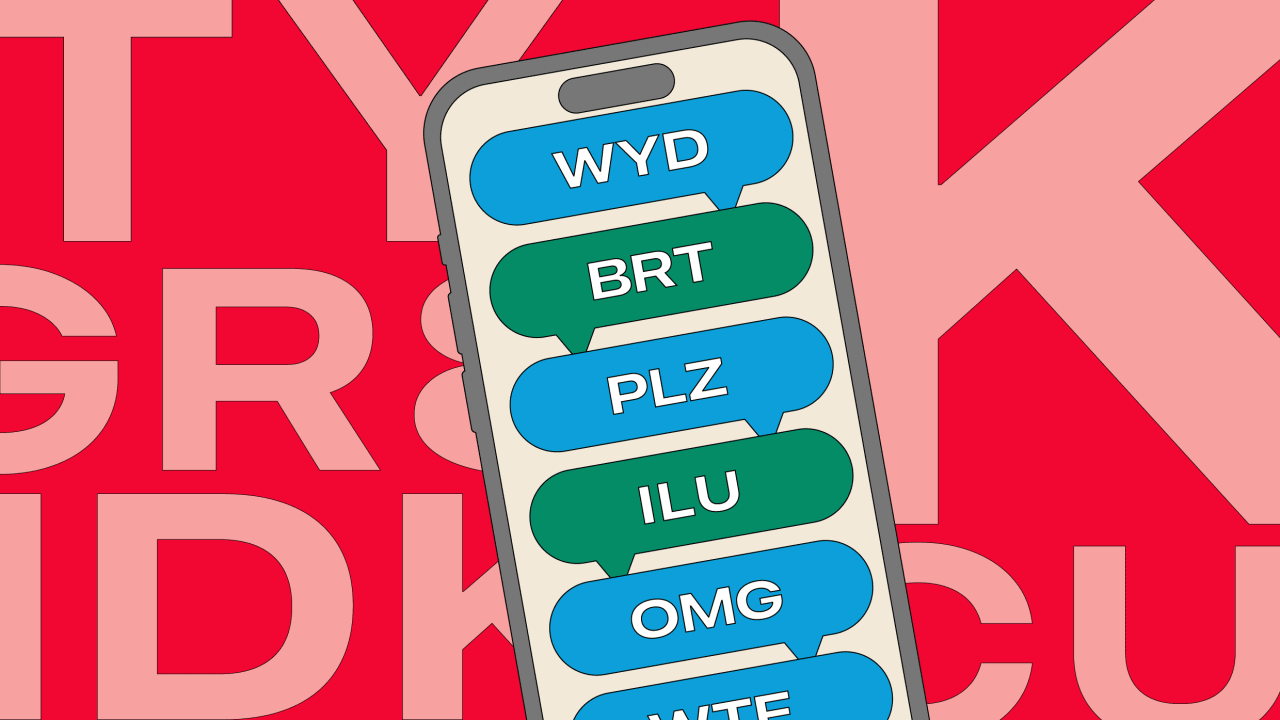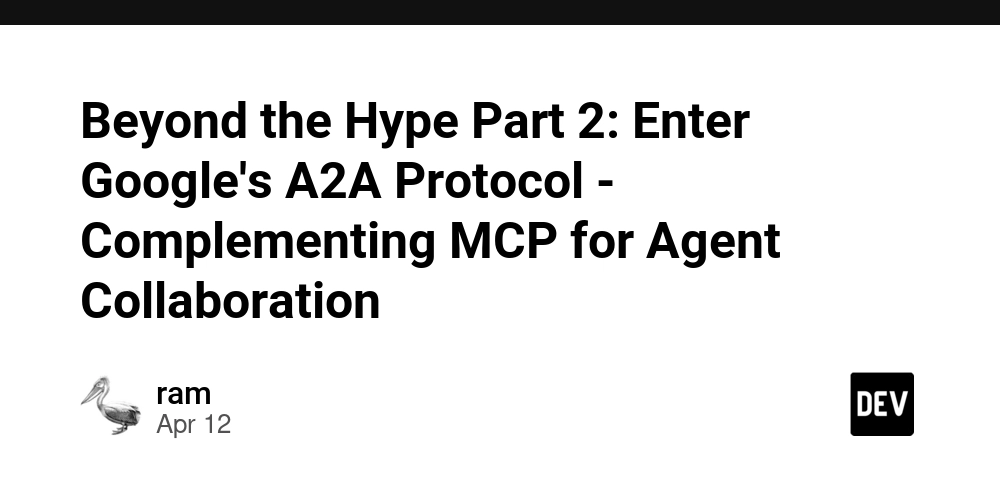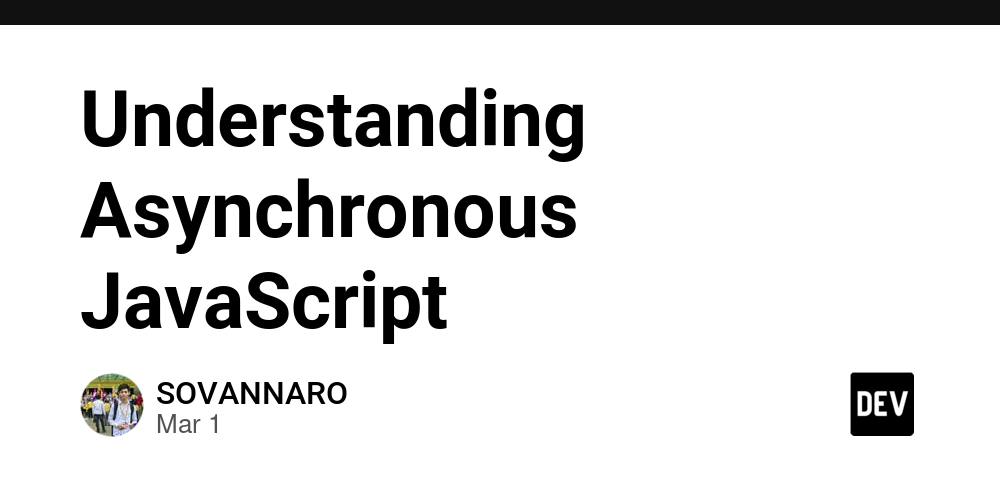Why does slicing in Rust fail on anything that's not English?
The thing is, slicing in Rust happens by byte index, not char index! So when you do: let full = String::from("hello world"); let part = &full[0..5]; // slice from index 0 to 5 (not inclusive) println!("{}", part); // prints "hello" Every char here takes a 1 byte space when the string is in English. 'A' => 01000001 (1 byte) 'z' => 01111010 (1 byte) So when you slice from the 0th to the 4th index on the bytes, you get "hello"! Unlike this, let's say when you do something like using Unicode characters, Hindi characters or emojis. Let's take an example: let s = String::from("नमस्ते"); let slice = &s[0..3]; // ⚠️ this will panic! Why do you think this panicked? Rust strings are UTF-8 encoded, meaning that other than English, characters or emojis may take more than 1 byte of space. Character UTF-8 Encoding Bytes A 0x41 1 ñ 0xC3 0xB1 2 न 0xE0 0xA4 0xA8 3
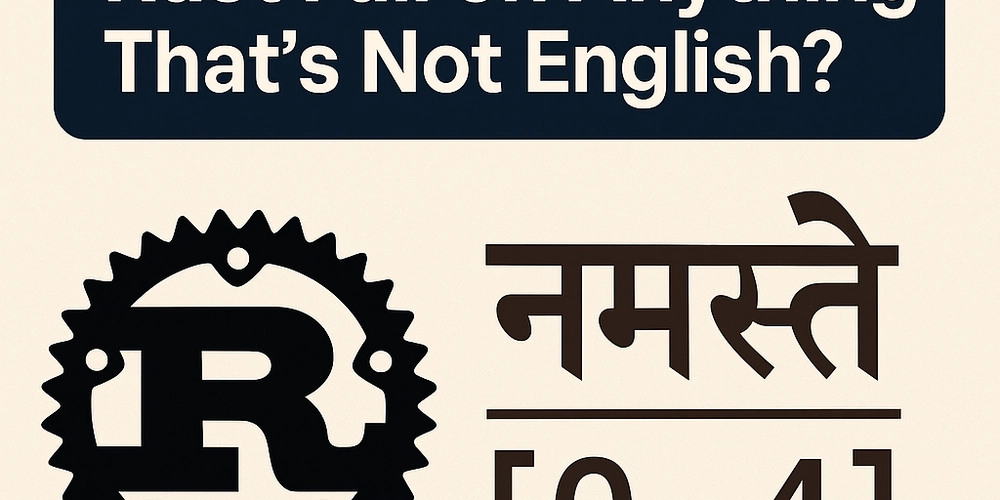
The thing is, slicing in Rust happens by byte index, not char index!
So when you do:
let full = String::from("hello world");
let part = &full[0..5]; // slice from index 0 to 5 (not inclusive)
println!("{}", part); // prints "hello"
Every char here takes a 1 byte space when the string is in English.
'A' => 01000001 (1 byte)
'z' => 01111010 (1 byte)
So when you slice from the 0th to the 4th index on the bytes, you get "hello"!
Unlike this, let's say when you do something like using Unicode characters, Hindi characters or emojis. Let's take an example:
let s = String::from("नमस्ते");
let slice = &s[0..3]; // ⚠️ this will panic!
Why do you think this panicked?
Rust strings are UTF-8 encoded, meaning that other than English, characters or emojis may take more than 1 byte of space.










































































































































































![[The AI Show Episode 144]: ChatGPT’s New Memory, Shopify CEO’s Leaked “AI First” Memo, Google Cloud Next Releases, o3 and o4-mini Coming Soon & Llama 4’s Rocky Launch](https://www.marketingaiinstitute.com/hubfs/ep%20144%20cover.png)















































































































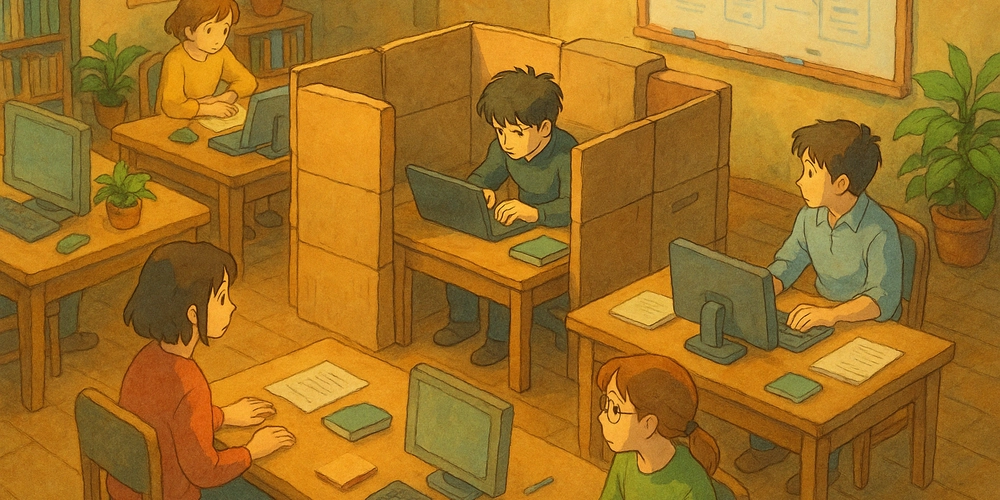

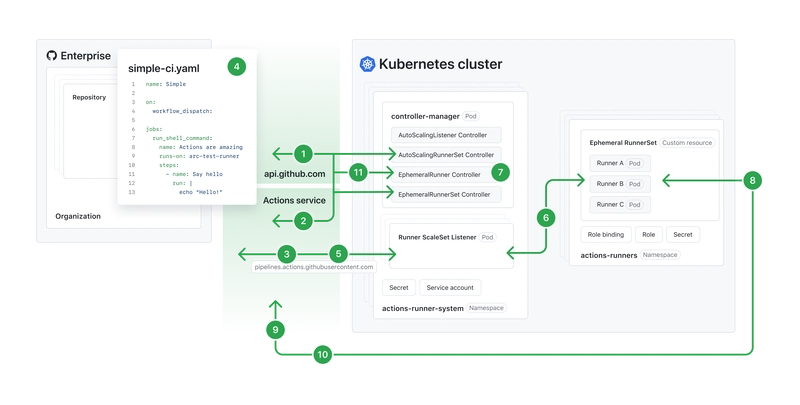
![[DEALS] The All-in-One Microsoft Office Pro 2019 for Windows: Lifetime License + Windows 11 Pro Bundle (89% off) & Other Deals Up To 98% Off](https://www.javacodegeeks.com/wp-content/uploads/2012/12/jcg-logo.jpg)





































![Is this too much for a modular monolith system? [closed]](https://i.sstatic.net/pYL1nsfg.png)






















































































































_Andreas_Prott_Alamy.jpg?width=1280&auto=webp&quality=80&disable=upscale#)
























































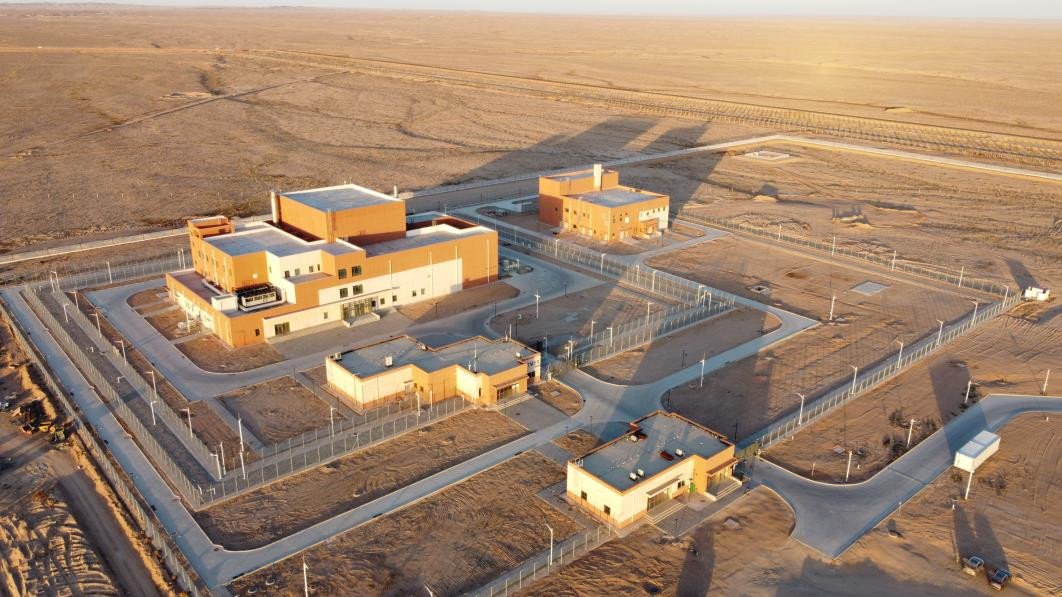

































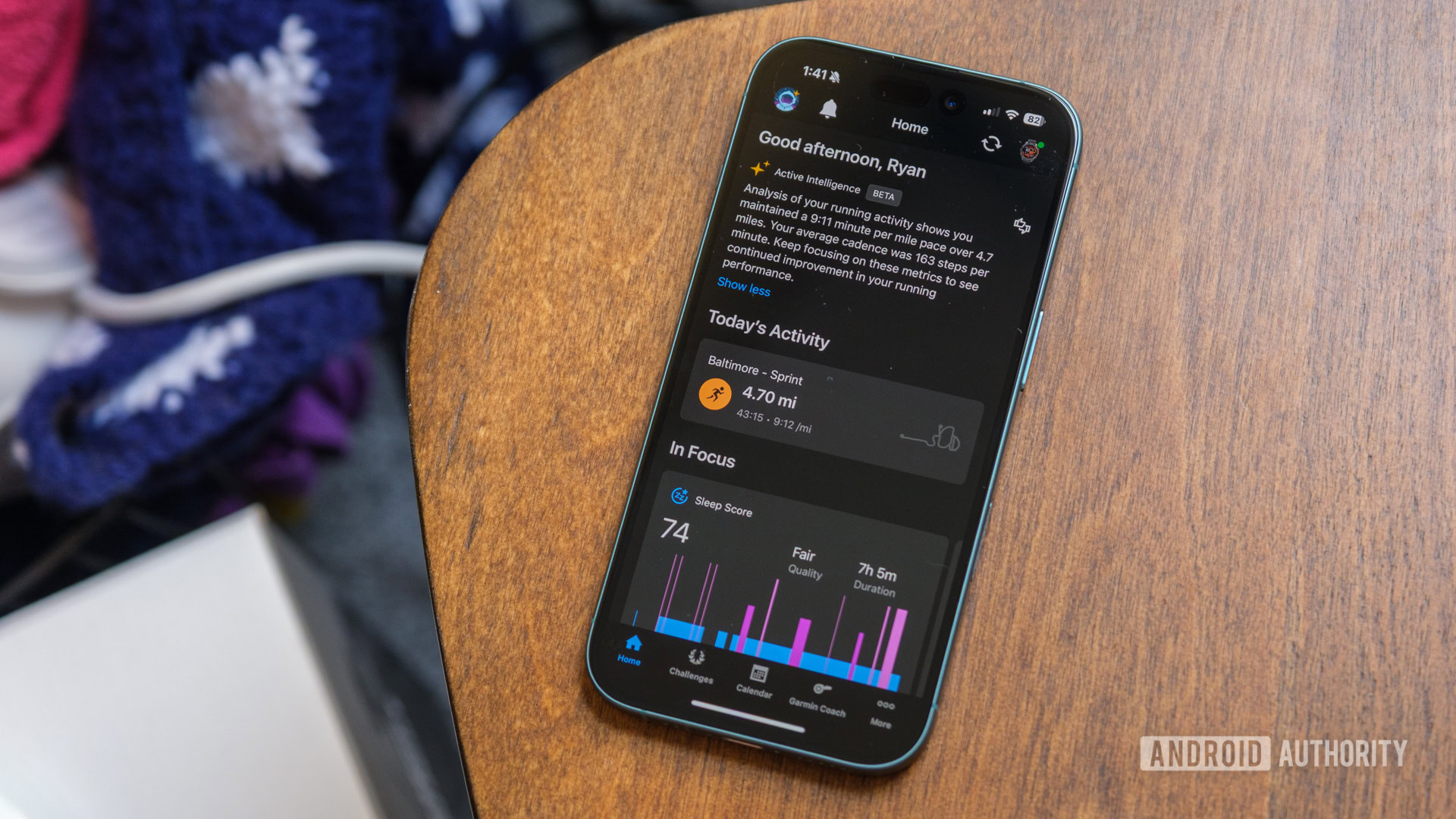





![What features do you get with Gemini Advanced? [April 2025]](https://i0.wp.com/9to5google.com/wp-content/uploads/sites/4/2024/02/gemini-advanced-cover.jpg?resize=1200%2C628&quality=82&strip=all&ssl=1)













![Apple Shares Official Trailer for 'Long Way Home' Starring Ewan McGregor and Charley Boorman [Video]](https://www.iclarified.com/images/news/97069/97069/97069-640.jpg)
![Apple Watch Series 10 Back On Sale for $299! [Lowest Price Ever]](https://www.iclarified.com/images/news/96657/96657/96657-640.jpg)
![EU Postpones Apple App Store Fines Amid Tariff Negotiations [Report]](https://www.iclarified.com/images/news/97068/97068/97068-640.jpg)
![Apple Slips to Fifth in China's Smartphone Market with 9% Decline [Report]](https://www.iclarified.com/images/news/97065/97065/97065-640.jpg)














































































